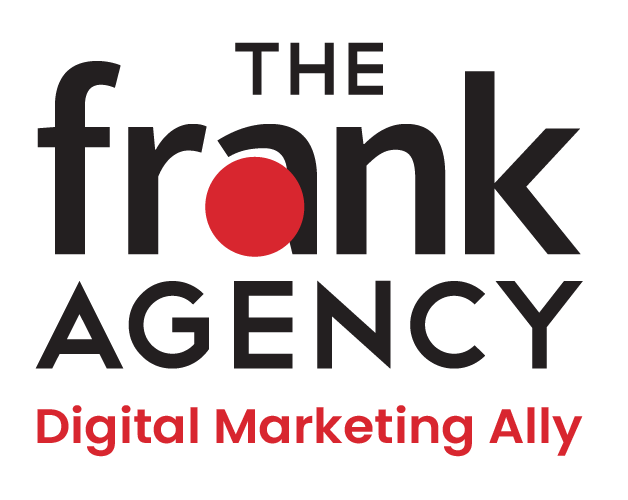What is Paid Search?
Paid search involves bidding on specific keywords that are relevant to your business, industry, products, or services. When users search for those keywords on search engines like Google, your ads have the potential to appear at the top of the search engine results pages (SERPs). Advertisers only pay when someone clicks on their ads, making it a cost-effective method.
The Benefits of Paid Search:
Paid search offers several advantages:
- Increased Online Visibility: By appearing at the top of search results, paid search ensures that your brand gets prominent exposure to potential customers actively searching for related products or services.
- Targeted Traffic: You can precisely target your audience by selecting specific keywords related to your offerings, ensuring that your ads reach the most relevant prospects.
- Cost Control: With PPC advertising, you only pay when someone clicks on your ad, allowing you to set and manage your budget effectively.
- Measurable Results: Paid search provides detailed analytics and reporting, enabling you to measure the effectiveness of your campaigns, track conversions, and optimize your strategy accordingly.
Strategies for Mastering Paid Search:
To make the most of paid search advertising, consider these strategies:
- Keyword Research: Conduct thorough keyword research to identify relevant and high-performing keywords that align with your business objectives.
- Compelling Ad Copy: Craft persuasive ad copy that grabs attention, highlights unique selling points, and encourages users to click on your ads.
- Landing Page Optimization: Ensure that the landing pages you direct users to are highly relevant, well-designed, and optimized for conversions.
- Bid Management: Continuously monitor and optimize your bids to strike the right balance between cost and visibility, maximizing return on investment.
- Ad Testing: Experiment with different ad variations and formats to identify what resonates best with your target audience and yields the highest performance.


